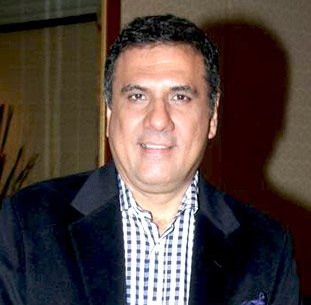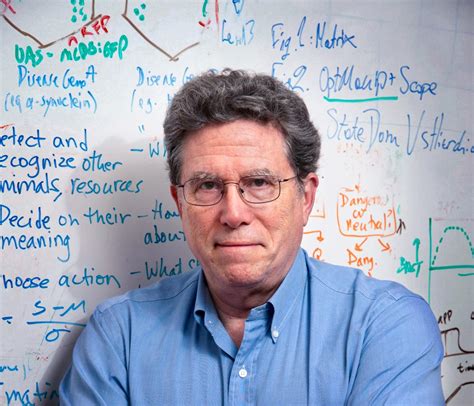A Quote by Leo Szilard
In science it is not enough to think of an important problem on which to work. It is also necessary to know the means which could be used to investigate the problem.
Related Quotes
It is time, therefore, to abandon the superstition that natural science cannot be regarded as logically respectable until philosophers have solved the problem of induction. The problem of induction is, roughly speaking, the problem of finding a way to prove that certain empirical generalizations which are derived from past experience will hold good also in the future.
The mystery of life is certainly the most persistent problem ever placed before the thought of man. There is no doubt that from the time humanity began to think it has occupied itself with the problem of its origin and its future which undoubtedly is the problem of life. The inability of science to solve it is absolute. This would be truly frightening were it not for faith.
The problem of distinguishing prime numbers from composite numbers and of resolving the latter into their prime factors is known to be one of the most important and useful in arithmetic. It has engaged the industry and wisdom of ancient and modern geometers to such an extent that it would be superfluous to discuss the problem at length. ... Further, the dignity of the science itself seems to require that every possible means be explored for the solution of a problem so elegant and so celebrated.
Think of a single problem confronting the world today. Disease, poverty, global warming... If the problem is going to be solved, it is science that is going to solve it. Scientists tend to be unappreciated in the world at large, but you can hardly overstate the importance of the work they do. If anyone ever cures cancer, it will be a guy with a science degree. Or a woman with a science degree.
If spiritual science is to do the same for spirit that natural science has done for nature, it must investigate quite differently from the latter. It must find ways and means of penetrating into the sphere of the spiritual, a domain which cannot be perceived with outer physical senses nor apprehended with the intellect which is bound to the brain.
There is a very common, though also very silly, picture of Kant according to which as empirical beings we are not free at all, and we are free only as noumenal jellyfish floating about in an intelligible sea above the heavens, outside any context in which our supposedly "free" choices could have any conceivable human meaning or significance. Part of the problem here is that Kant faces up honestly to the fact that how freedom is possible is a deep philosophical problem to which there is no solution we can rationally comprehend.
I like the cold; I don't have problem with cold, and I don't have problem with rain either, as long as people are smiling. You know, early in my career, I used to wonder about this fan frenzy, but now I realize that there is genuine love, respect and affection, which makes me very proud to be an actor.
Before, revolutions used to have ideological names. They could be communist, they could be liberal, they could be fascist or Islamic. Now, the revolutions are called under the medium which is most used. You have Facebook revolutions, Twitter revolutions. The content doesn't matter anymore - the problem is the media.
I do not know if you have ever noticed that the more you struggle to understand, the less you understand any problem. But, the moment you cease to struggle and let the problem tell you the whole story, give all its significance - then there is understanding, which means, obviously, that to understand, the mind must be quiet.
There are two things I enjoy most about my work. First, I get to work with interesting and enthusiastic people who are also fired up about science. Second, every once in a while I have moments in which I suddenly understand the solution to a problem that I've been working on - those are great moments.




































